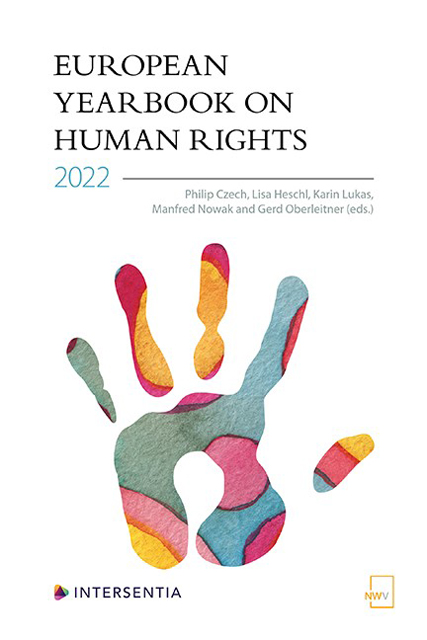The CJEU Faced with ‘Presumption of Innocence’ Directive 2016/343: Reshaping the ECHR Standards?
Published online by Cambridge University Press: 20 April 2023
Summary
ABSTRACT
The presumption of innocence has traditionally been considered a key component of the right to a fair trial, now stipulated in Article 6 of the European Convention on Human Rights (ECHR) and Article 48 of the Charter of Fundamental Rights of the European Union (CFREU). Despite the crucial significance of this guarantee for the integrity of (supra)national judicial systems, a multiplicity of issues has arisen in the European Union (EU) legal order due to the European Arrest Warrant enforcement, diverse national pre-trial detention and in absentia trials regimes, etc. The adoption of ‘Presumption of Innocence’ Directive 2016/343 was an attempt to overcome these challenges, and to lose the potential divergence between the national, CFREU and ECHR standards of protection afforded to EU individuals. The aim of this contribution is to shed light on the way Directive 2016/343 is perceived by the Court of Justice of the European Union (Luxembourg Court, CJEU), with special emphasis on the correspondence of the ECHR/CFREU standard of protection being afforded. The main argument presented is that the earlier CJEU case law on Directive 2016/343 already demonstrated the EU’s willingness to provide the minimum standard required by the ECHR and the European Court of Human Rights (ECtHR, Strasbourg Court) jurisprudence in this area (AH, UL/VM, QR), while some lines of the CJEU’s reasoning even allow a question to be posed about the possible derogation from the Strasbourg Court’s lowest standard of protection (Milev II, RH, DK). Moreover, such an unexpected development as the reform of the Polish judiciary presumably adds a new angle to the ongoing judicial dialogue between the Luxembourg and Strasbourg Courts. In the recent WB and Others case, the CJEU found the Polish legislation allowing the Minister for Justice to second judges to higher courts for an indefinite period, and to terminate that secondment at his own discretion, on the basis of criteria which had not been made public, incompatible with the requirements arising from the presumption of innocence stemming from Article 6 of Directive 2016/343 (‘Burden of Proof’) read in conjunction with Article 2 (EU values) and Article 19(1) (effective judicial protection) TEU.
- Type
- Chapter
- Information
- European Yearbook on Human Rights 2022 , pp. 137 - 176Publisher: IntersentiaPrint publication year: 2022



